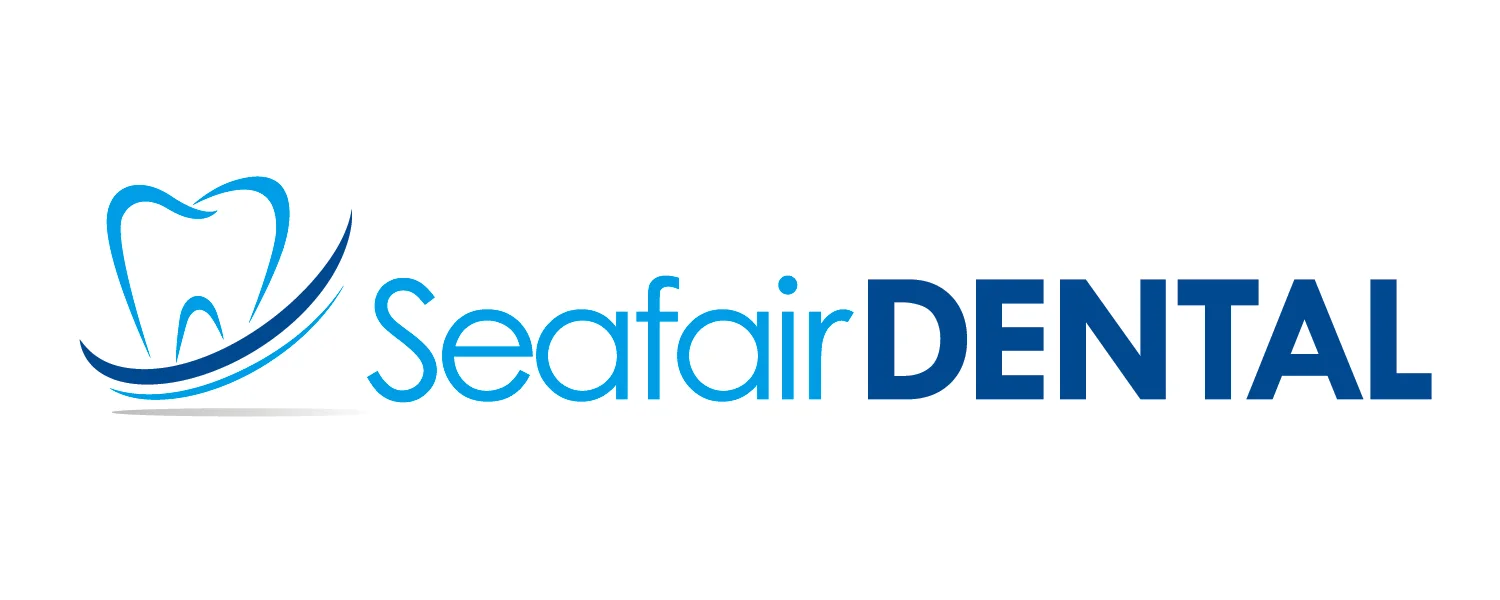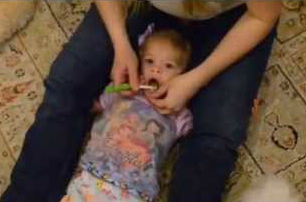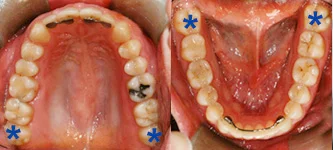I Have a Dental Emergency, but I'm Scared to Visit the Dentist Due to COVID-19. What Do I Do?
/A toothache struck at the worst possible time. How to navigate dental care in the time of COVID-19?
The COVID-19 pandemic has affected all of us in a significant way. Whether you know someone who has contracted COVID-19, or you could not work and suffered a lost of income, or you are suddenly responsible for homeschooling your children because schools are closed, this pandemic has surely been stressful for all of us.
The last thing you want to deal with during this mess that we know as COVID-19 is a dental emergency. You need to see a dentist. But is it safe to see a dentist right now? Is my dentist even open right now? Could I get an appointment?
It’s OK to be Afraid Right Now
We are all trying to be strong right now. We are all doing our best to put on a happy face and stay productive and eat right and get the right amount of sleep we need.
But fear is striking us in all kinds of different ways, and it’s OK to be afraid, especially when you are faced with an unthinkable dilemma like a debilitating toothache. We all want to stay well and healthy, but life rarely goes as planned, and we all have to be prepared to deal with that.
We Are Open Starting May 19, 2020
First of all, our dental clinic in Richmond, BC is open for normal office hours Tuesday to Saturday 9am-5pm. We will be happy to see you or provide a consult over the phone.
Enhanced Safety Measures
Here are some precautions we are taking to keep our clients and staff safe:
We are maintaining social distancing and reducing the number of people we see.
We are screening our staff and patients daily for potential COVID-19 symptoms. Anyone who has even the mildest suspicion that they may be sick are asked to stay at home.
Every person that enters the building will be asked to wash their hands with soap and water. Hand sanitizer is also available, but a 20-second handwashing with soap and water is the most effective way of removing germs.
Increased disinfection measures for all high contact surfaces: everything including the door handles, sink, pens, and pin-pads are disinfected after EVERY person touches it.
Enhanced personal protective equipment including N95 mask, face shield, safety glasses and surgical gowns.
Air filtration with UV disinfection to remove dust and germs from the air.
Dental Procedures During the Time of COVID-19 Stay the Same
Your dental procedures stay the same during COVID-19. In fact, the time you spend in our dental office will likely be shorter because we will try to complete all insurance forms and medical questionnaire prior to your arrival. We will also try to get as many details as possible over the phone about your dental needs prior to your arrival, so that we can prepare the right instruments for your visit.
If you have a dental emergency, please call us first at 604-277-3533. You should not put off a serious dental infection. We want to help and want to assure you that we take the highest precautions possible to keep our clients safe. We will be happy to chat over the phone with you about whether you need to come in right away or in some cases our dentists can provide a consult over the phone.















